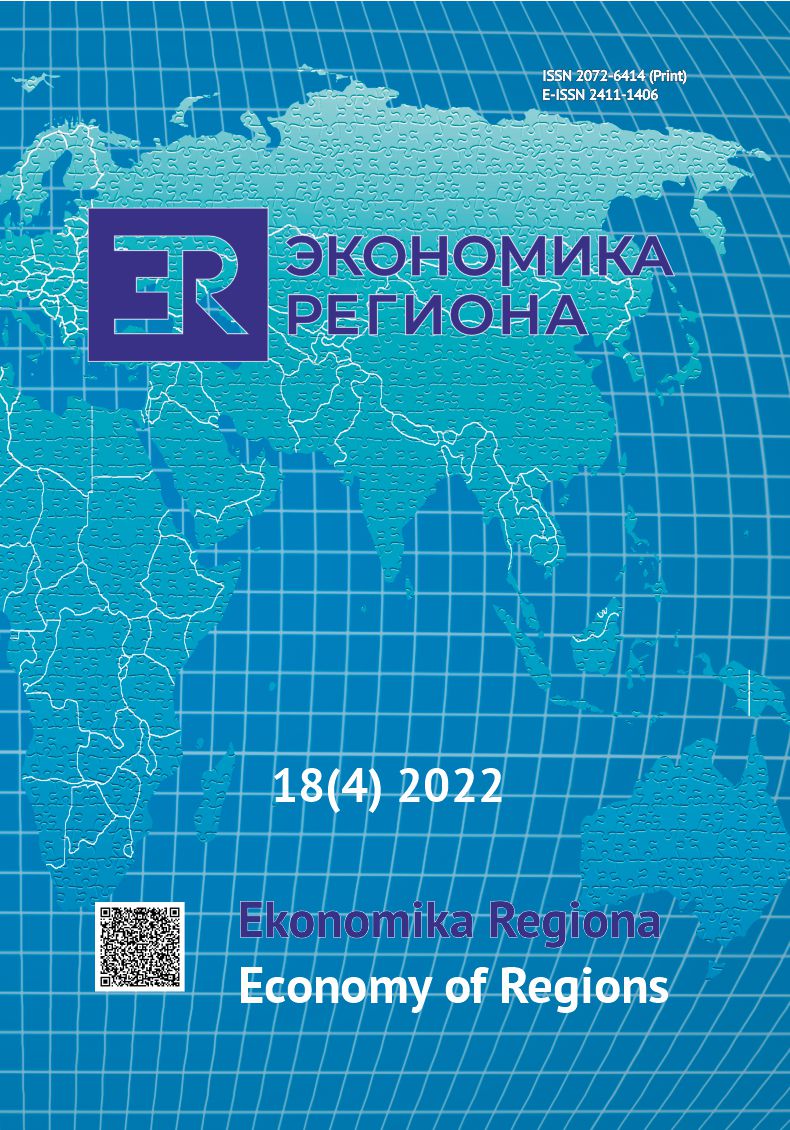Роль человеческого капитала в цифровой экономике на институциональном и региональном уровнях
The Role of Human Capital in the Digital Economy at the Institutional and Regional Levels
Author(s): Mikhail A. Eskindarov, Yulia Mikhailovna Gruzina, Khvicha P. Kharchilava, Marina MelnichukSubject(s): Economy, ICT Information and Communications Technologies
Published by: Институт экономики Уральского отделения Российской академии наук
Keywords: IT services market; knowledge-intensive industries; human capital; knowledge economy; digital economy; regional digitalisation; Industry 4.0.; IT specialist; sustainable regional development;
Summary/Abstract: The present article examines the role of human capital in Russia’s transition to a digital economy. In this context, it is necessary to establish new models of the functioning and development of the Russian national economy and increase digital literacy among the general population. We hypothesise that human capital plays an important role in the process of digitalisation of state institutions and commercial companies. Particular attention is paid to the effect of introducing mechanisms to support and promote private capital to advance regional development. The research aims to highlight the role of human capital as a driver of the national and regional economy in the transition to the post-industrial state. To this end, the following objectives were achieved: parameters of the sapio-economic system were identified, the obtained results were interpreted; the experience of public and private institutions in creating conditions for innovative development of human capital was analysed (both in private sectors and in social institutions). The research methodology includes various scientific methods — induction, deduction, abstraction — as well as econometric analysis techniques. The study reveals indicators of interdependence between human capital development and regional socio-economic growth. As a result, the paper described the tasks of educational institutions focused on developing necessary skills to ensure the operation of digital systems. Additionally, the research identified ways to advance the development of the domestic digital environment, including through the creation of personnel forecasting practices for high-tech and knowledge-intensive industries. Recommendations for the successful implementation of long-term programmes for innovative development of the digital environment were given. Thus, the conducted analysis confirmed the hypothesis that human capital is a necessary condition for the development of knowledge-intensive industries and an important factor in the creation of regional value added and formation of the gross regional product.
Journal: Экономика региона
- Issue Year: 18/2022
- Issue No: 4
- Page Range: 1105-1120
- Page Count: 16
- Language: Russian

